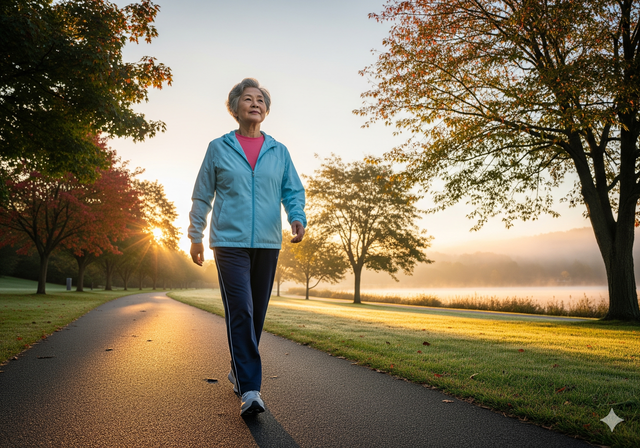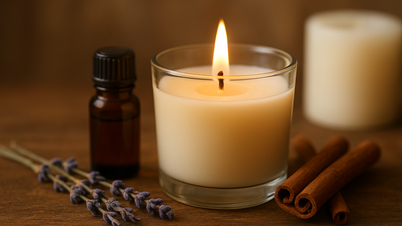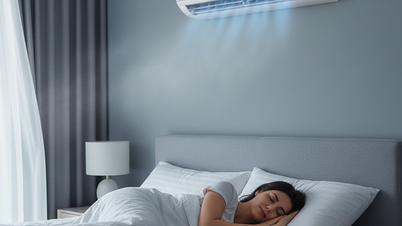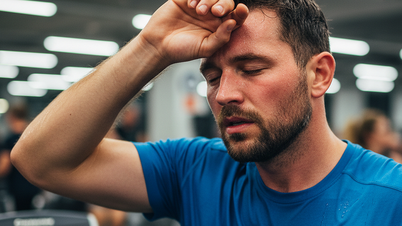Prolonged insomnia seriously affects physical and mental health and quality of life. Therefore, finding a solution early is extremely important.
Dr. Sohaib Imtiaz, a physician specializing in lifestyle medicine, working in the US, explains that walking can help improve the quality and duration of sleep. This has been scientifically proven, according to the health news site Verywell Health.

Walking can help improve sleep quality and duration.
Photo: AI
A recent study involving more than 490 older adults over four weeks found that walking significantly improved sleep. Those who were previously less active reaped the biggest benefits: They fell asleep easier and slept longer.
Walking can help improve sleep by regulating temperature and heart rate, improving mood, releasing growth hormone and neurotrophic factor - substances important for the brain and sleep. Specifically, the benefits noted include reduced next-day sleepiness, fewer nighttime awakenings, reduced stress and depression, and improved overall sleep quality.
How many minutes of walking is enough?
There is no absolute rule, but walking more will lead to better and deeper sleep, says Dr. Imtiaz.
To get significant sleep benefits, most experts recommend exercising at least 150 minutes a week, which means 30 minutes a day, five days a week. Research shows that exercising for at least an hour a day leads to longer sleep, according to the National Sleep Foundation website.
Time to walk for good sleep
Although exercise has clear benefits for sleep, there is still controversy about the best time to exercise for optimal sleep.
Depending on your problem, the optimal time to walk for sleep can vary, as follows:
Difficulty falling asleep: Should walk in the morning or afternoon
Doing aerobic or resistance exercise — such as walking, jogging, or weightlifting — in the morning can help you fall asleep faster.
Meanwhile, exercising in the afternoon and early evening can also promote good sleep.
Waking up often in the middle of the night: Should take a walk at night
A light walk in the early evening is best to avoid waking up in the middle of the night.
Notes when walking at night to sleep well
Several studies have found that evening exercise helps you fall asleep more easily, reduces nighttime awakenings, and increases the amount of deep sleep you spend in.
However, experts warn that intense exercise within 1-2 hours before bedtime will make it harder to fall asleep and cause you to wake up more often.
Stop exercising at least 90 minutes before bedtime to help endorphin levels and body temperature return to sleep-friendly levels.
People with insomnia are often advised to walk at least four hours before bedtime, according to the National Sleep Foundation.
It is equally important to monitor your body's response to adjust the walking time that best suits your sleep condition and daily routine.
Source: https://thanhnien.vn/bac-si-nguoi-lon-tuoi-di-bo-gio-nay-tac-dung-khong-thua-thuoc-ngu-185250913050653423.htm


































![[Photo] Keep your warehouse safe in all situations](https://vphoto.vietnam.vn/thumb/1200x675/vietnam/resource/IMAGE/2025/10/1/3eb4eceafe68497989865e7faa4e4d0e)






























































Comment (0)